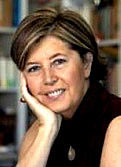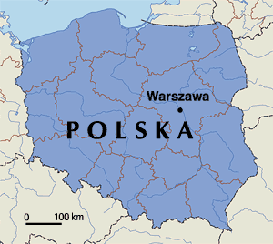 Over the last 10 years I have had the privilege to work on half a dozen European Commission funded projects with a total income of about £1m. Most of them are relating to technology innovations and advantages with a primary focus to tourism and hospitality organisations and regional regions as well as cultural heritage. Getting European funding is complex and requires a lot of work, networking and innovative thinking. Success rates are low and it is quite demanding. Nevertheless there is a great number of benefits that comes with success. These include:
Over the last 10 years I have had the privilege to work on half a dozen European Commission funded projects with a total income of about £1m. Most of them are relating to technology innovations and advantages with a primary focus to tourism and hospitality organisations and regional regions as well as cultural heritage. Getting European funding is complex and requires a lot of work, networking and innovative thinking. Success rates are low and it is quite demanding. Nevertheless there is a great number of benefits that comes with success. These include:
- Cutting edge knowledge of the most cutting edge research problems
- Research that it is relevant to society and has an impact on a European level
- Networking across different disciplines
- Working with colleagues from around Europe
- Funding for research assistants, equipment and travel
- And yes you can travel around and sample the Belgian and not only beers ….
Perhaps the project I enjoyed most as it made me realise the impact that research can do is a recent project which I did when I was still at the University of Surrey. This was about accessible/disabled tourism and I was called to provide expertise on how to deal with information for people with disability that wanted to travel. The project lasted for 2 years and provided a series of key success factor for facilities to use and also guidelines on how those should be systematised for dissemination over the internet. Getting closely involved with people with disabilities and working out on potential solutions opened a whole world for me a
The immediate results of the projects and the other initiatives that emerged are equally impressive:
- The world’s first ACCESSIBILITY MARKET AND STAKEHOLDER ANALYSIS
- The world’s first ever book on Accessible Tourism has been published entitled “Accessible Tourism Issues: Inclusion, Disability, Ageing Population and Tourism (edited by Dimitrios and Simon Darcy and which is available to buy from Amazon) and another one book on Accessible Tourism practice that is at the last face of its editing
- One 4* publication on Enabling access to tourism through information schemes and a number of Journal articles and conference papers
- Two funded PhDs that are about to be completed
- Some more projects and proposals that will emerge soon
- The development of ENAT – the European Network for Accessible Tourism
Although not always easy, involvement with European funded projects are incredibly rewarding for their intellectual stimulation, the exposure to knowledge and networking as well as access to resources. They are also fantastic for impact to society at an international and global scale. We are about to start a new project on Electronic Marketing, mobile phones, location based services, small business and tourism and look forward to cutting edge research.































 Conversation article: Why so many people drown at the water’s edge
Conversation article: Why so many people drown at the water’s edge Workshop on longitudinal studies in three countries
Workshop on longitudinal studies in three countries New Bournemouth University public health paper
New Bournemouth University public health paper New ACORN-funded paper published. When time is short but passion for food is strong, food day-tripping may be the answer!
New ACORN-funded paper published. When time is short but passion for food is strong, food day-tripping may be the answer! Royal Society of Chemistry Outreach Fund: Open for Applications
Royal Society of Chemistry Outreach Fund: Open for Applications Last reminder – MSCA Postdoctoral Fellowships 2024 internal deadline next week
Last reminder – MSCA Postdoctoral Fellowships 2024 internal deadline next week Horizon Europe – EuroHPC and MSCA PF webinars
Horizon Europe – EuroHPC and MSCA PF webinars